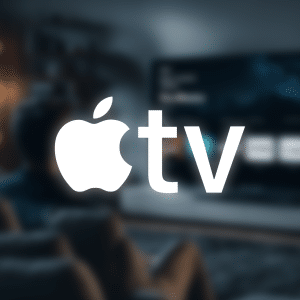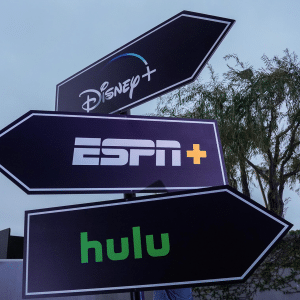2019 was a big year for social networking sites.
Facebook started the year in a rough state, hot off the heels of the Cambridge Analytica scandal and other major data breaches and controversies, and though nobody can say the company has recovered, it has worked hard to rebuild trust and reputation amongst users and investors.
The company announced in January that it planned to merge its popular networking apps Facebook, Instagram, and WhatsApp to create a singular, unified messaging experience, though that was met with a mixed reaction with many questioning whether the aim was for Facebook to transfer data between the services, at a time when many campaigned for Facebook to break up its empire.
Later in the year, Facebook announced its Bitcoin competitor, Facebook Libra, working with some of the world’s biggest names including PayPal and Stripe to build a cryptocurrency for the modern time.
However, seven of the 28 founding members quit the controversial project and now the currency faces scrutiny from legislators around the world, with some suggesting that Libra is a threat to “national sovereignty” with far-reaching consequences should it actually launch in 2020.
The company rounded out 2019 by announcing a rebrand, following in the footsteps of Google with its Alphabeat parent company.
However, rather than building a new brand to house its apps and projects, Facebook’s new name is Facebook – the parent company of social networking apps and technology products like Facebook Portal and Oculus Rift.
Outside of Facebook, it’s worth mentioning the meteoric rise of Chinese social networking app TikTok, a short-form video app that’s become one of the most popular social platforms among teens and Generation Z.
Indeed, the app has attracted more than a billion downloads around the world and is currently one of the most popular apps on the Apple App Store.
Finally, a quick word on Twitter.
As well as rolling out a new look on desktop and mobile and introducing support for Dark Mode, the company announced it was to ban all political advertisements on the platform, a move many have said is great news for democracy.
Now, Google and Facebook are in the hot seat to do the same, but it’s unlikely that they will.
What do you think changed the most on social media in 2019? Let us know on Twitter and check back soon for more news and insights on Twitter, Facebook, WhatsApp, TikTok, and more.







